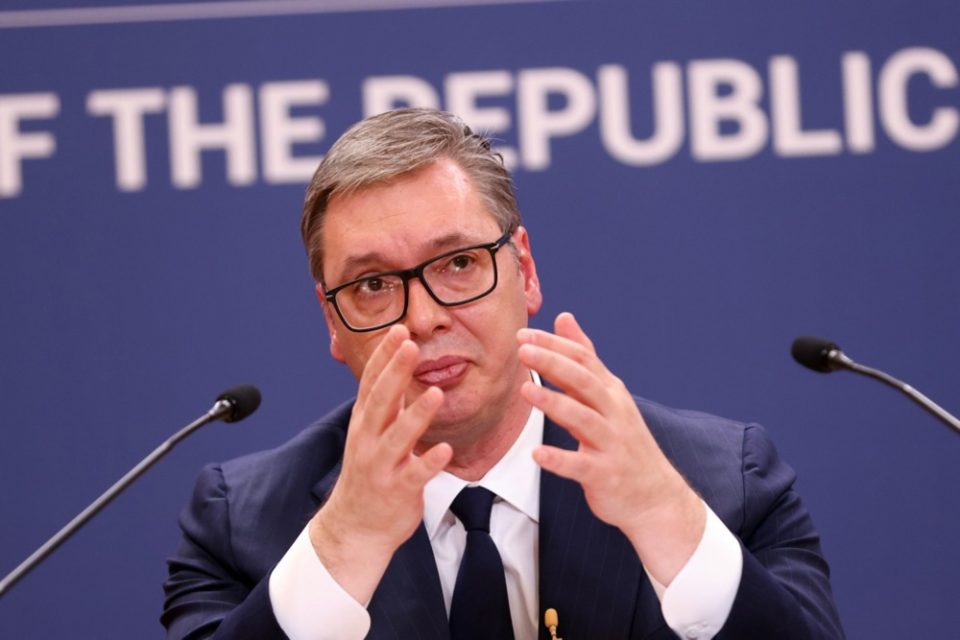Serbian President Aleksandar Vucic has successfully negotiated a deal to supply the European Union (EU) with lithium, crucial for the production of electric vehicles. However, this achievement has reignited widespread opposition to a major mining project supported by both Brussels and Berlin, according to the Brussels-based portal Politico.
In its article titled “Serbian Leader Conquers the West with Promises of ‘White Gold,’ but Loses the People,” Politico highlights how Vucic’s ambitions to become the EU’s favored Balkan leader are backfiring. On August 10, tens of thousands of protesters gathered in Belgrade, leading Vucic to accuse them of trying to overthrow him.
The article recalls that the Anglo-Australian mining company Rio Tinto was granted permission to develop the “Jadar” lithium project in 2017, five years after Vucic assumed power. However, this permit was revoked following massive public protests.
Politico notes that while the EU is enthusiastic about the project, many Serbians believe Vucic’s close ties with the Union have only exacerbated his authoritarian tendencies. Nebojsa Petkovic, a leader of the environmental protests from Gornji Nedeljice, criticized the EU for its hypocrisy, accusing it of supporting a “dictator” in Serbia who has stifled the judiciary, media, and other institutions, simply because the Union needs the lithium.
In July, Vucic hosted German Chancellor Olaf Scholz and European Commission Vice President for the Green Deal Maros Šefčovič to formalize EU support for the Jadar project. During this event, several memorandums were signed with major car manufacturers, including Mercedes-Benz and Stellantis.
Politico also mentions that two months prior, Vucic had welcomed Chinese President Xi Jinping with great fanfare, with hundreds of Serbs waving Chinese flags and celebrating the “steely friendship” between the two nations.
The article further points out that Vucic’s control over national television in Serbia is strong, with anti-lithium protests receiving only 24 seconds of coverage on public service news, which typically ignores anti-government demonstrations.





Comments are closed for this post.